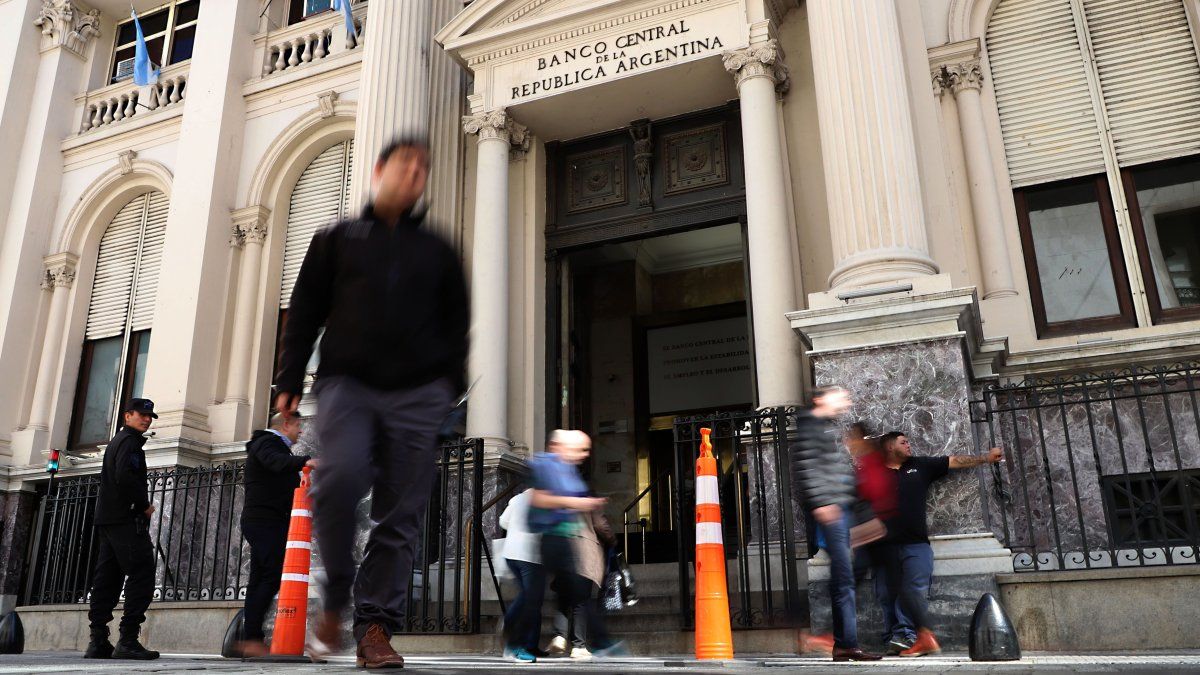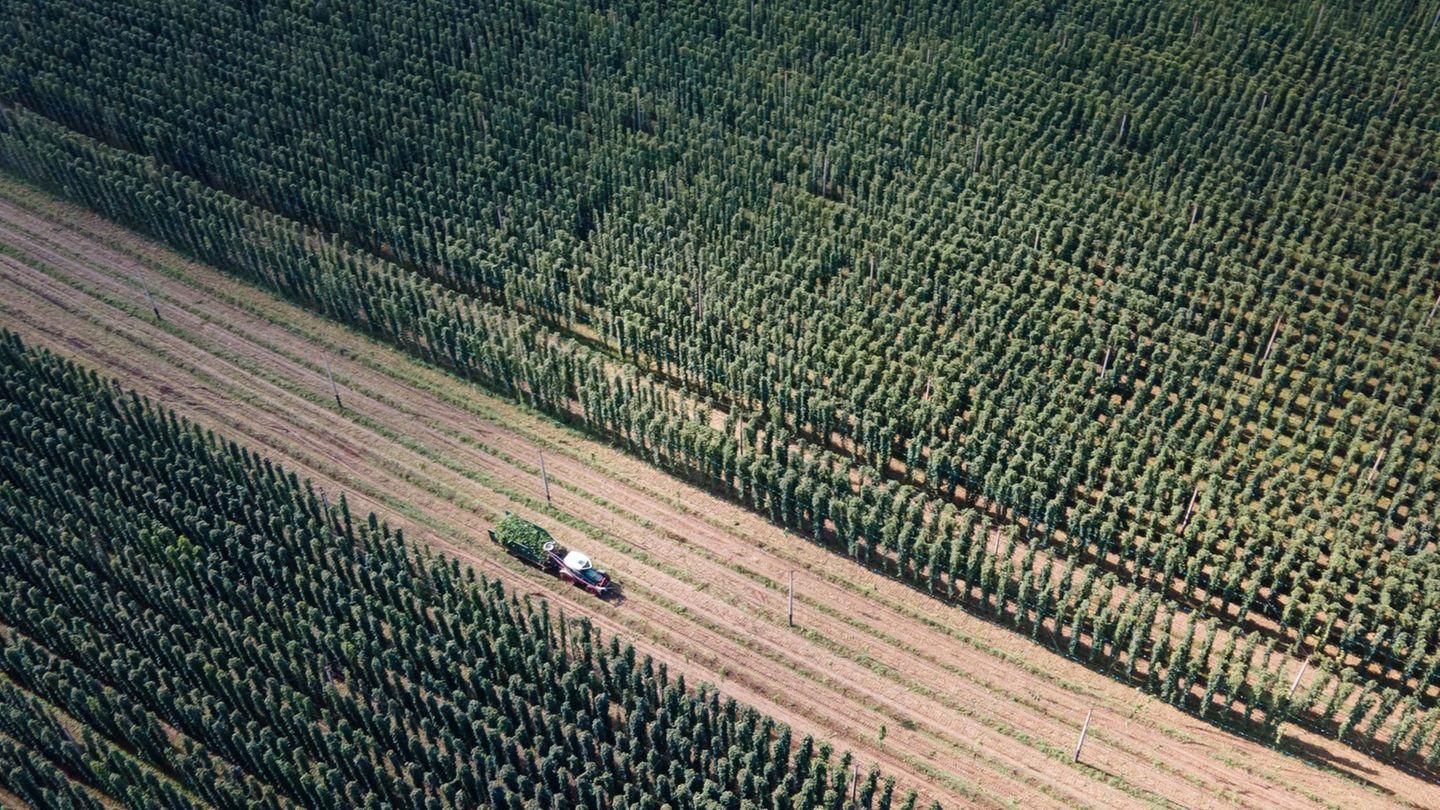Menu
Agriculture: hop farmers blind stocks against oversupply
Categories
Most Read
Scott Bessent, IMF, multilaterals and the challenge of thinking about a containment protocol for the day after
October 23, 2025
No Comments
Lawsuit from environmentalists: Paris court condemns Totalenergies for greenwashing
October 23, 2025
No Comments
How much do I earn if I invest $1,000,000 for 30, 60 and 90 days
October 23, 2025
No Comments
Nothing happens on Monday
October 23, 2025
No Comments
What happens with the fixed term rates today, Thursday, October 23
October 23, 2025
No Comments
Latest Posts

Ante Bajic: “Everyone is excited for the game against Rapid”
October 23, 2025
No Comments
With his dynamic style of play and his technique, Ante Bajic often causes problems for his opponents. (GEPA/Moser) The 30-year-old played 45 competitive games for

Rapid remains in crisis, concern for Arnautovic
October 23, 2025
No Comments
Cheers from the Italians Barnabas Varga led the Hungarians for eight strong minutes in which three goals were scored It was Rapid’s fifth defeat in

Future dollar: the BCRA sold almost US$7 billion to cover devaluation prior to elections
October 23, 2025
No Comments
We arrived at the general elections after more than two months of strong intensity in the exchange front, marked by a joint intervention between the
24 Hours Worlds is a comprehensive source of instant world current affairs, offering up-to-the-minute coverage of breaking news and events from around the globe. With a team of experienced journalists and experts on hand 24/7.

